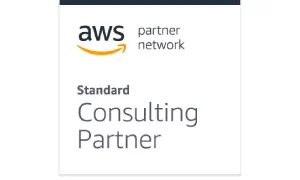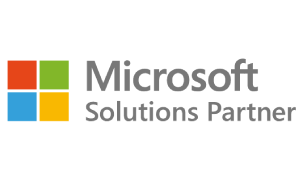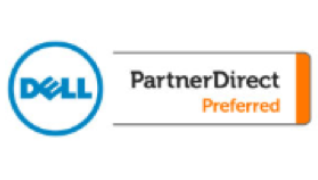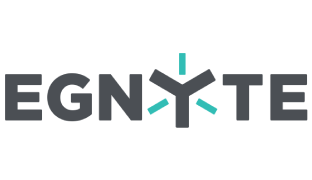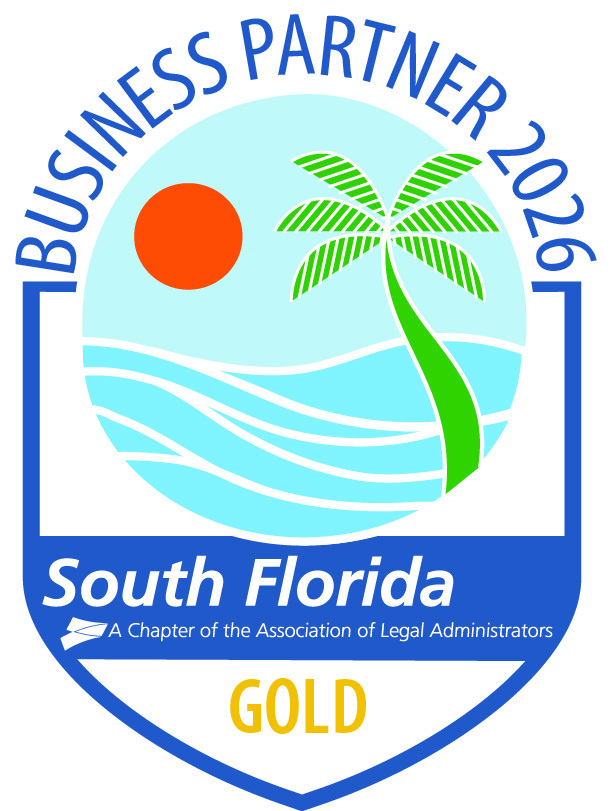
Meet industry standards without pulling focus from your core operations.
Why choose Cantey Tech Consulting to help you meet compliance standards?
25+ Years
Delivering trusted IT solutions
74%
Issues fixed on first contact
<1.5 Minutes
Average time to answer support calls
Identify gaps in your current compliance status by using our ongoing risk assessments aligned with evolving regulatory requirements.
Stay compliant by letting us create and manage clear, auditable IT policies that align with your industry’s evolving compliance demands.
Prepare confidently for audits by working with our team to gather evidence, review documentation, and respond to regulator inquiries.
Reduce complexity by mapping compliance controls across your systems with our guidance, preventing overlap and missed requirements.
Simplify documentation by having us maintain clear records that support audit readiness and reduce the risk of non-compliance.
Fix gaps quickly by using our remediation plans that guide you through prioritized steps to meet compliance after an internal review.
Protect your compliance posture by using our vendor assessments to uncover third-party risks that could impact your certification status.
Meet training mandates by using our customized staff awareness programs built around your compliance needs and internal procedures.
Catch misconfigurations by having us review system settings to verify alignment with compliance baselines and secure architecture standards.
Catch Compliance Issues Before They Cause Problems
Our gap analysis can help you identify missing controls and prioritize improvements.

Unclear user permissions can lead to accidental data exposure and regulatory violations. When staff access systems or files they don’t need, it increases the chance of misuse or error.
Many compliance standards require clear boundaries to be established around who can view or edit sensitive information.
We help you meet these requirements by enforcing role-based access controls across your systems. Our team works with you to define user rights based on job duties.
Then, they will apply those rules across your IT environment. This structure supports audit readiness and reduces compliance risk.

Mobile devices create new risks for regulated data. Employees working remotely often use phones, laptops, or tablets to access business systems. Without the proper controls, these devices can cause compliance risks.
We help you apply the right controls so your remote teams stay productive without increasing risk. Our team enforces security standards like encryption, remote wiping, and conditional access.
This approach supports compliance across standard regulations and keeps data protected during audits. You stay in control of who connects, what they access, and how they use devices.

Preparing for audits is challenging. Auditors expect clear proof that controls are in place and working as intended. If documentation is incomplete or unclear, teams scramble to pull reports in time.
We provide detailed compliance reports that align with the expectations of auditors. These reports include system activity, access logs, patch history, and policy enforcement.
This reduces the time your team spends gathering evidence and lowers the risk of missed details. Our reports help you stay prepared for audits year-round, not just when deadlines hit.

When sensitive information is transferred between systems or stored unprotected, it becomes a target for unauthorized access. Regulations across industries expect encryption to serve as a baseline control for data confidentiality.
We apply encryption across your environment to help you meet those expectations. This includes encrypting stored files, network traffic, and cloud data. Our protocols help prevent exposure and support compliance with common data protection laws.
Encryption also strengthens internal controls and builds trust with stakeholders. You reduce legal risk, avoid unnecessary penalties, and stay ready for audit reviews.
FAQs About Maintaining Compliance
To identify which compliance standards apply to your business, start by reviewing your industry, location, and the types of data you handle.
For example, healthcare organizations may be required to comply with HIPAA, while companies processing credit card data must adhere to PCI DSS.
You should also consider customer requirements and contractual obligations. A cybersecurity consultant or legal advisor can help assess your risk profile and identify the relevant standards.
Compliance violations can result in legal penalties, including fines and lawsuits. They may also result in loss of business licenses or restrictions on operations.
Reputational damage can occur, leading to a loss of customer trust and a decline in sales. In some cases, violations trigger audits, forced remediation, or even criminal charges for executives.
Failing to meet compliance standards also increases the risk of security incidents and data exposure.
There is no single compliance framework that is required for all organizations across all industries.
However, some frameworks are required for all businesses operating in a specific region. Here are some examples.
Please conduct research before expanding operations outside of your home region.
Most compliance frameworks require the implementation of the following standard cybersecurity controls.
In the US, compliance frameworks legally mandated by federal law include HIPAA, SOX, GLBA, FISMA, and the Bank Secrecy Act.
The Cybersecurity Maturity Model Certification (CMMC) is also legally required for Department of Defense contractors who handle federal contracts or controlled unclassified information.
While PCI DSS is not federally mandated, it is contractually enforced by most major credit card companies.
